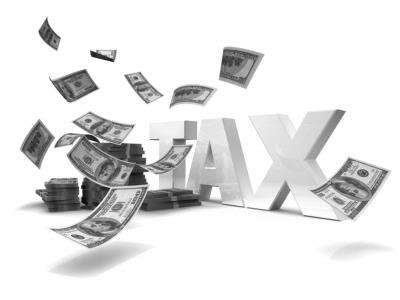
Allowing vote on I-1366
Saturday, November 14, 2015
 |
By Jason Mercier The State Supreme Court today released the legal reasoning behind its unanimous decision to allow the voters to consider I-1366. The voters approved I-1366 this month. On September 4, 2015, the Supreme Court issued a brief order unanimously allowing Initiative 1366 to appear on the 2015 general election ballot. Opponents had attempted to keep the proposal for voters claiming the policies proposed exceeded the scope of the initiative power. Defending the people's right to vote on I-1366 the Secretary of State argued: “The voters' fundamental right to vote on an initiative should not be abridged unless the initiative is clearly outside the scope of the people's power. Even though the superior court allowed the initiative to remain on the ballot, the superior court erred in concluding that I-1366 fell outside the people's initiative power. I-1366 does not amend the state constitution or alter the constitutional amendment requirements. Instead, it would amend the state sales tax rate, an act that is plainly within the people's power, and merely proposed to the legislature a constitutional amendment that may or may not be taken up by that body.” While not passing judgment on the constitutionality of I-1366, the Supreme Court's opinion today said: “In the present context of subject matter preelection review, the fundamental and overriding purpose is not sufficiently clear. Had each claimed purpose been the sole and explicit purpose off I-1366, the outcome would be obvious. If the initiative called only for a reduction in the sales tax, there would be no preelection issues. If it called only for a two-thirds constitutional amendment, it would clearly be outside the scope of the people's initiative power. This court has never decided a case in which an initiative offered contingent alternatives and, if so, whether one invalid purpose would prevent it from being on the ballot. As drafted, it is not clear that there is only one purpose to this initiative and that the other is incidental, ‘merely an ephemeral stepping stone’ to the stated purpose. In light of the injunction standard, appellants cannot meet their burden by showing only that one purpose of the initiative is to seek adoption of a constitutional amendment. They must clearly show this purpose is the fundamental and overriding purpose. Due to the conceivable alternative view that I-1366 proposes conditional legislation, appellants have not met their burden to clearly demonstrate---certainly not to the level of clarity in Philadelphia II---that the initiative is beyond the scope of the reserved legislative power as is necessary to obtain injunctive relief.” The fact the Court said I-1366 opponents' claims are not clear may give some hope to those that approved the ballot measure at the election. That said the Court is not closing the door to this type of challenge. Because the election still needs to be certified and any legal challenge will need to provide time for proper briefing, it is highly unlikely the Court would even hear, let alone pass final judgment on I-1366 before the legislative session starts. If the Court does ultimately strike down I-1366, should that matter for the next steps? Will the opinion of the Court negate the fact that on six separate occasions the voters have demanded a supermajority restriction for tax increases? Realizing that lawmakers have already allowed the voters to add to the 20 plus supermajority restrictions already in state's constitution, they should do so again so that voters can decide for the final time whether Washington should join the 17 other states that require a supermajority vote to raise taxes. This two decades-old debate is one that the sovereigns of the state, the people, should ultimately resolve at the ballot box with a constitutional amendment. Additional Information
Are lawmakers ready to represent the people or will they continue to rule over them?
U.S. Supreme Court rejected challenge to state tax restriction
Take 2: Is Initiative 1366 a constitutional amendment?